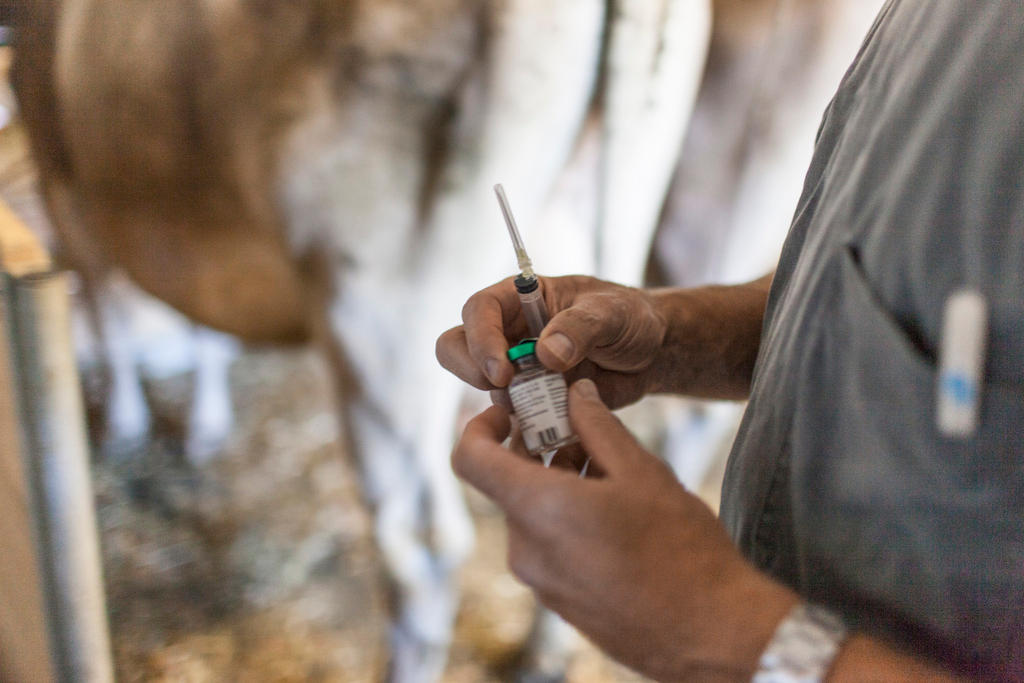Lucerne research finds how to cut antibiotic overuse in babies

An international team of researchers has successfully tested a way of targeting antibiotic therapy in new-born babies, thereby avoiding unnecessary treatment and side effects.
The aim of the six-year study, which was led by Lucerne’s Children’s Hospital, was to find a way to better target antibiotic use in babies who may be suffering from sepsis – a potentially fatal reaction to a bacterial infection.
Because sepsis is so dangerous, especially in very young babies, doctors will often immediately administer antibiotics to infants who show signs of it – even before test results are available.
According to the study authors, in Europe and North America, up to 7% of all new-born babies receive antibiotics within their first three days of life to prevent a possible bacterial infection before it is too late.
However, only 0.1% of infants have such an infection, which the study authors wrote “suggests substantial overtreatment”.
Such overuse of powerful antibiotics can have a damaging effect on an infant’s still-developing immune system – notably the microbiomeExternal link. Disruption of the body’s microorganisms has been linked to several chronic conditions, including allergies, obesity, diabetes and inflammatory bowel disease.
Fast and reliable
To find a better approach, the researchers studied over 1,700 infant subjects from 18 hospitals across Europe and Canada – including four in Switzerland. Roughly half the infants received the standard treatment, while the other half received doses of antibiotics based on their blood levels of a protein called procalcitonin, which can indicate a bacterial infection in the body.
The researchers found that the procalcitonin test, which was fast and required only a small sample of blood, was a reliable method for better targeting antibiotic treatment, and for reducing the overall duration of antibiotic therapy.
“Thanks to the findings of the study, the duration of antibiotic therapy in [newborns] with evidence of a bacterial infection will be significantly reduced,” said Martin Stocker of Lucerne’s Children’s Hospital in a statement on Tuesday.
The study results have been published in The LancetExternal link, one of the world’s most respected medical journals.
National strategy
The method could become a useful resource as Switzerland moves toward more ‘rational, targeted’ antibiotic use, as part of a Federal Office of Public Health programme aimed at combating antibiotic resistance.
As part of this programme, Switzerland’s Antibiotic Awareness WeekExternal link will be held this year from November 13-19, with the goal of encouraging “the general public and health professionals to learn more about the careful use of antibiotics and antibiotic resistance”.

In compliance with the JTI standards
More: SWI swissinfo.ch certified by the Journalism Trust Initiative



You can find an overview of ongoing debates with our journalists here. Please join us!
If you want to start a conversation about a topic raised in this article or want to report factual errors, email us at english@swissinfo.ch.